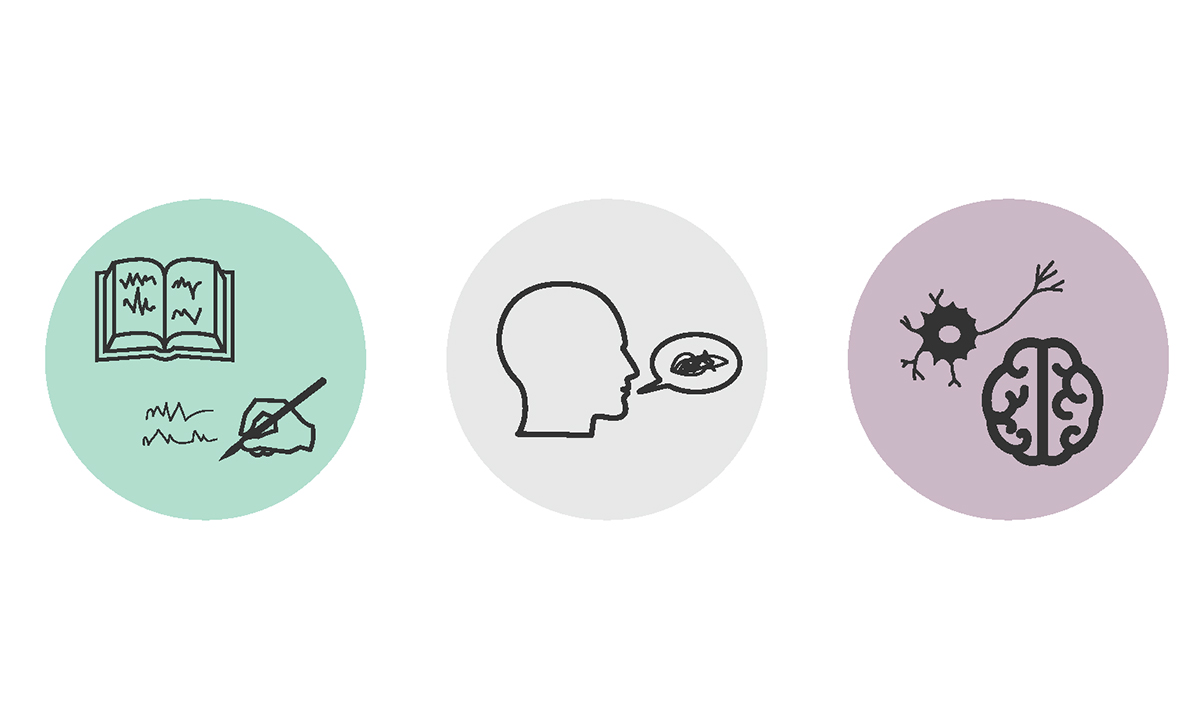PATIENTS with post-stroke aphasia may benefit substantially from speech therapy, even months after the initial stroke, a growing body of evidence suggests.
A landmark study published in the Lancet in February 2017 found that 3 weeks of intensive speech and language therapy significantly enhanced verbal communication in people aged 70 years or younger with chronic aphasia after stroke.
The randomised controlled trial, which included 156 patients at 19 rehabilitation centres in Germany, has been applauded for its scientifically rigorous methodology, which experts say has been lacking in the field to date.
Patients with aphasia lasting 6 months or more after an ischaemic or haemorrhagic stroke were randomised to either 3 weeks or more of intensive speech and language therapy or 3 weeks’ deferral of intensive therapy. The treatment group received at least 10 hours of direct aphasia therapy per week, compared with an average of 1.5 hours for the control group. Treatment involved one-to-one and group speech language therapy as well as prescribed computer or paper-and-pencil linguistic exercises.
The study found that verbal communication was significantly improved from baseline in the intervention group but not in the control group. The treatment effect was replicated when the control group received the intervention. Moreover, the initial treatment gains were maintained for 6 months after the intensive treatment intervention.
The authors said that their findings not only showed the superiority of intensive speech and language therapy over no or low intensity treatment, but also undermined the “dogma that functional improvements cannot be achieved in the chronic stage after stroke”.
Associate Professor Erin Godecke, clinical director of the Very Early Rehabilitation in Speech (VERSE) Trial for aphasia after stroke told MJA InSight that the latest study provided some of the strongest evidence to date for a “true effect” from post-stroke aphasia therapy.
“It can be challenging to separate out the effects of dose, timing and intensity for post-stroke aphasia therapy, and to account for spontaneous recovery in the acute phase (within 3 months of stroke), but we are now seeing some very well designed studies that are showing benefits from therapy,” she said.
“We used to think that aphasia therapy had to be done early, and there is some evidence that treatment may be most effective in the first month after stroke, but increasingly we are also seeing that patients may do very well in the chronic phase of aphasia.”
The magnitude of benefit from aphasia therapy could be significant, she added, saying: “Our own research in the acute phase has shown some people are getting 30–40% change over and above what we would expect for someone not getting the therapy at all – equivalent to the difference between someone speaking in single words and someone talking in sentences without assistance”.
However, accessing speech therapy is a problem for many Australian patients, she noted. In Western Australia the average patient received 11–14 minutes of aphasia therapy per week in the first month of recovery, according to Associate Professor Godecke’s research.
Care does not typically follow patients once they leave the hospital. A 2006 survey of 70 speech pathologists found that only 4.2% provided aphasia therapy in a community-based setting, only 7.7% in an aged care facility and 0% in private practice.
Associate Professor Godecke said that the cost of therapy was a major barrier, with a limited number of sessions covered by Medicare under interdisciplinary care plans.
She urged GPs to get in touch with local universities to find out whether they were involved in one of several large ongoing trials of aphasia therapy, and whether their patients may be able to participate.
Professor Linda Worrall, of the School of Health and Rehabilitation Sciences at the University of Queensland, co-authored a comment piece in the Lancet, commending the new research as groundbreaking in its methodological rigour.
Speaking with MJA InSight, Professor Worrall said it was distressing that so few speech pathology services were available in Australia once patients with aphasia were discharged from hospital.
“These people face a life without words, potential social isolation and depression,” she said.
“Most hospitals have speech pathologists, but in places where there are none, or where there is just one for all the population – children as well as adults – we need to be advocating for more,” she said, adding, “We have plenty of graduates seeking employment”.
Professor Worrall’s team has applied for National Health and Medical Research Council funding to trial a videoconference form of its therapy program, UQ Aphasia LIFT.
“Videoconference-based therapy would overcome a lot of barriers,” she said. “People with aphasia after stroke may not be able to drive, or they may not be able to catch public transport, so they rely on family members to bring them to therapy.”
Prior to the results of the Lancet study being published, a Cochrane review published in June 2016 had concluded that there was evidence to support the effectiveness of speech and language therapy for people with aphasia following stroke, including some indication that therapy at high intensity, high dose or over a longer period may be beneficial. However, it also cautioned that high intensity and high dose interventions may not be acceptable to all. On the other hand, a large randomised controlled trial in the European Stroke Journal in February 2016 found that very early cognitive linguistic treatment, initiated within 2 weeks of stroke, was not more effective than no language treatment for the recovery of post-stroke aphasia. However, less than 30% of patients in the treatment group achieved the prescribed therapeutic intensity, often because they were too tired or ill to participate.
The Australian Aphasia Association provides resources and education to health care professionals, patients and their carers.
To find a doctor, or a job, to use GP Desktop and Doctors Health, book and track your CPD, and buy textbooks and guidelines, visit doctorportal.

 more_vert
more_vert